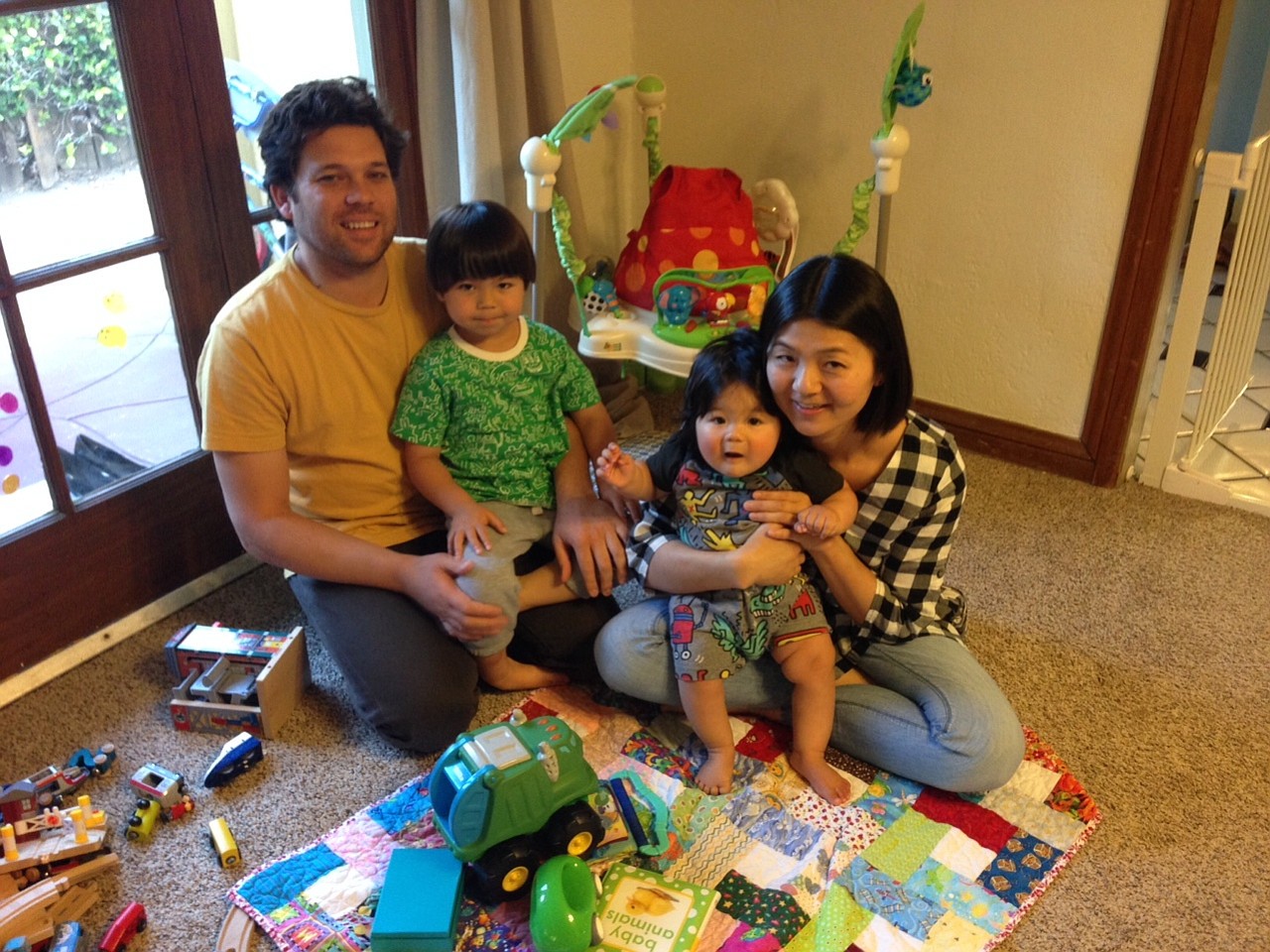“First comes love, then comes marriage, then comes baby in a baby carriage.” So the old playground rhyme goes.
These days, however, many couples are taking a long time getting from step 1 to step 2. They’re waiting until they’re in their 30s or 40s to wed, with or without kids, after five, six, seven, eight or more years being in a relationship and living together.
The trend of long cohabitation before marriage in the United States is becoming part of the norm, according to family expert Arielle Kuperberg, an assistant professor of sociology at the University of North Carolina at Greensboro.
Jun Yanagimachi and David Semien, both 38, of Pasadena, Calif., got married in 2010, 12 years after they started dating and seven years after they moved in together. When they were in their 20s, none of their friends was married, and they also didn’t feel pressured by their parents.
“We were happy then, and we’re happy now. Marriage is like agreeing to be more responsible. You kind of have to reach a certain age first,” said Semien, a composer.
Yanagimachi, a business research specialist, agreed: “I think that’s kind of how we felt. We didn’t feel mature enough to get married earlier.” Soon after they married, they had two children.
Kuperberg found that from 2009 to 2013, 17.6 percent of women polled by the National Survey of Family Growth had lived with their partner for more than five years before tying the knot; 5.4 percent had cohabited more than eight years; and almost 3 percent more than 10 years. Just 20 years earlier, from 1989 to 1993, an NSFG survey found that those numbers were 7.8 percent that had lived together for five years before marrying their partner; 1.9 percent more than eight years; and 0.7 percent more than 10 years.
“Is it culture or cost of living that keeps people from getting married?” mused Kuperberg. “Cohabitation is much more socially acceptable now. We also find that financial instability makes people put off marriage. Part of maturity is emotional maturity, but also financial maturity.”
The recent recession has had an impact on many couples, Kuperberg said.
And very religious people are still much less likely to cohabit before marriage, added D’Vera Cohn, a senior writer at the Pew Research Center.
In states where gay marriage has recently become legal, longtime same-sex couples can now decide too whether they want to tie the knot.
As for Yanagimachi and Semien, when they finally wed, they did so with friends and family at a Japanese Buddhist temple they had visited for years in the Little Tokyo neighborhood of Los Angeles. Yanagimachi wore a white kimono that her mother had received as a gift when she married. Semien, raised Catholic, wore a suit.
“We wanted it to have meaning for us, and make sense for us, and be personal,” Yanagimachi said.
Jen Tunac Camarena, a 42-year-old architect in Fullerton, Calif., eloped to Las Vegas in 2008 with her chef boyfriend, Armando Camarena, after eight years of living together. He wanted to marry sooner, she said. She wanted to elope to avoid the potential stress of a wedding, and social pressure from her large family.
“Our marriage felt like a natural step,” she said. “It feels like you are legitimately tied to someone else.”



